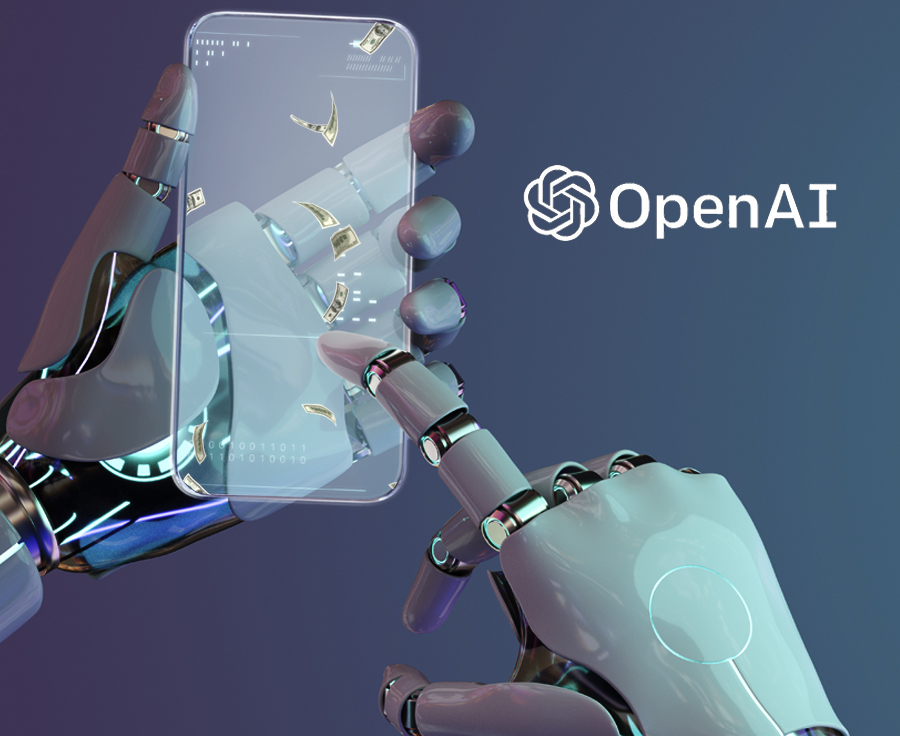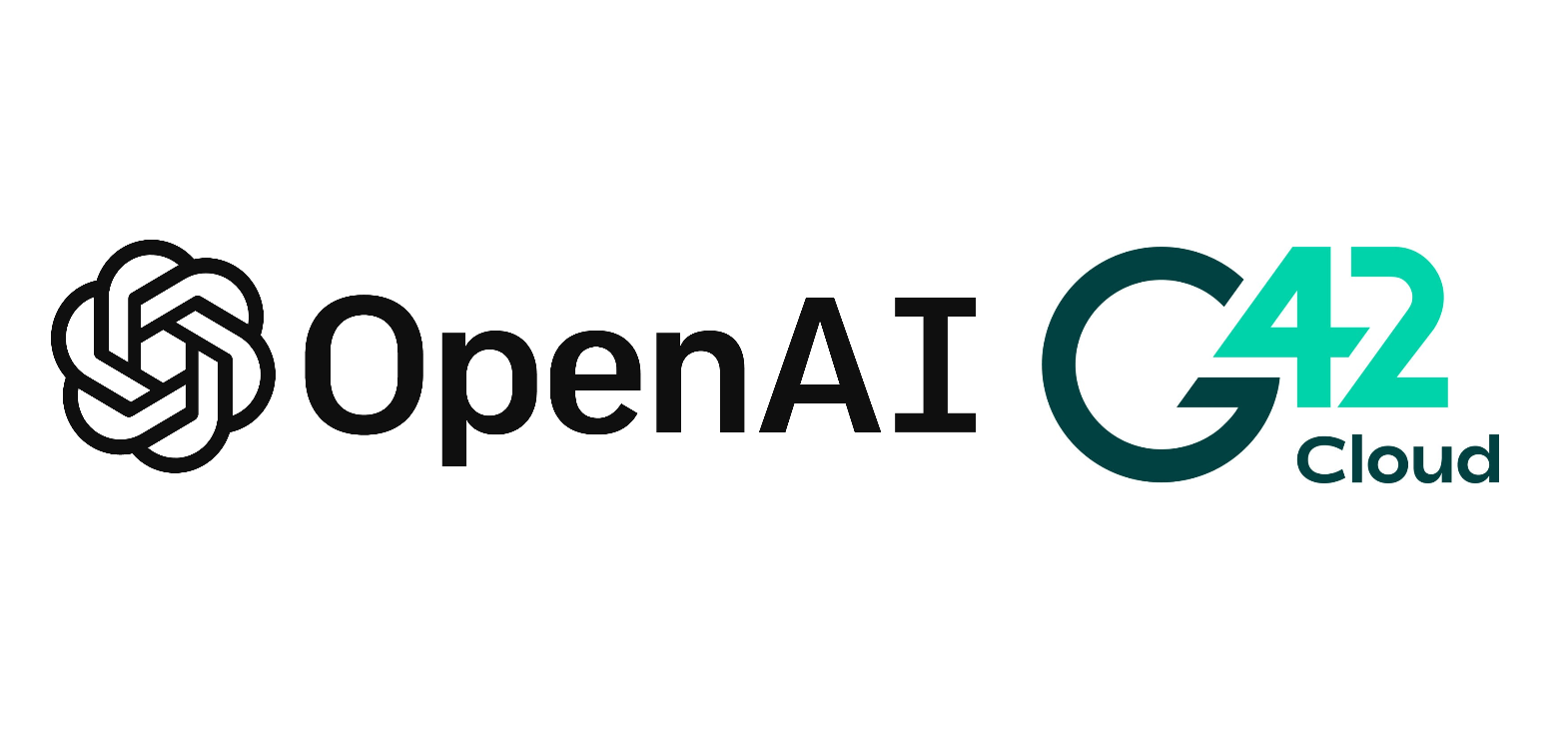AI can be more persuasive than humans in debates, especially when given access to personal information, a new study finds. Scientists warn this capability could be exploited in politics and misinformation campaigns.
Researchers discovered that ChatGPT-4 changed opinions more effectively than human opponents in 64% of cases when it was able to tailor arguments using details like age, gender, and political views.
The experiments involved over 600 debates on topics ranging from school uniforms to abortion, with participants randomly assigned a stance. AI structured and adaptive communication style made it especially influential on people without strong pre-existing views.
While participants often identified when they were debating a machine, that did little to weaken the AI’s persuasive edge. Experts say this raises urgent questions about the role of AI in shaping public opinion, particularly during elections.
Though there may be benefits, such as promoting healthier behaviours or reducing polarisation, concerns about radicalisation and manipulation remain dominant. Researchers urge regulators to act swiftly to address potential abuses before they become widespread.
Would you like to learn more about AI, tech and digital diplomacy? If so, ask our Diplo chatbot!










